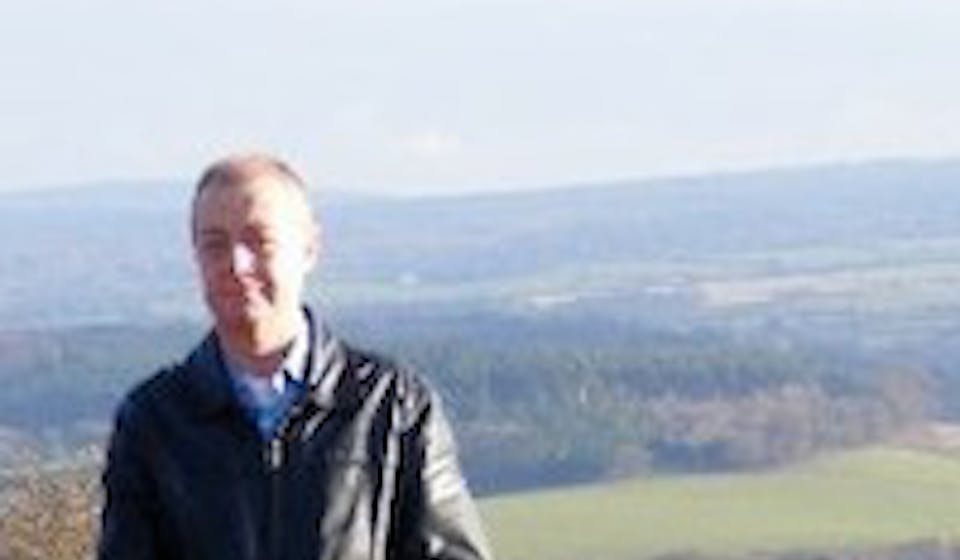Imprint
- Gateway
Fiction, Science fiction
England, 1967: ruled by the power of the Catholic Church, as it has been since the failure of the Protestant Reformation. In this England there are steam trains, but no internal combustion engine; rifles but no electricity; heresy but no democracy.
And in this England, magic works.
England, 1967; young Tobias Oakley, out on an illicit nighttime expedition, meets an elven woman - and is chosen for initiation into the secrets of necromancy. Tobias has a powerful talent and his injudicious use of it brings him to the attention of the Church - whose Thaumaturgical Division soon recruits him.
And so Tobias enters the Church, beginning his career amid the brothels and taverns of the teeming slums of the diocese of Southwark. From there his progress, if not steady - there is something about Tobias that arouses unease in his superiors - is generally upwards. As a curate, as a priest, as a soldier in the bloody war against heresy and finally as an eminent expert on diabolism, Tobias becomes a power in the English Catholic Church.
And as he does so, he pursues his second career: as liar, drug smuggler, rakehell, mass murderer, betrayer, vicious libertine and consorter with demons. For the elf legacy that has shaped his life has robbed him of something vital. And when Tobias, in an effort finally to discover some meaning in life, embarks on a fantastic and perilous quest through supernatural realms he finds himself at the last confronting a savage irony.

John Whitbourn
John Whitbourn (1958- )
John Whitbourn is an archaeology graduate and has been a published author since 1987. His first book, A Dangerous Energy, won the BBC/Victor Gollancz Fantasy Novel Prize in 1991. Whitbourn's novels and short stories tend to focus on alternative histories set in a 'Catholic' universe. Key characteristics of his works are wry humour, the reality of magic and a sustained attempt to reflect on the interaction between religion and politics on a personal and social scale.
























.png?auto=compress&w=150&h=60&fit=crop&fm=jpg)
.png?auto=compress&w=150&h=60&fit=crop&fm=jpg)


